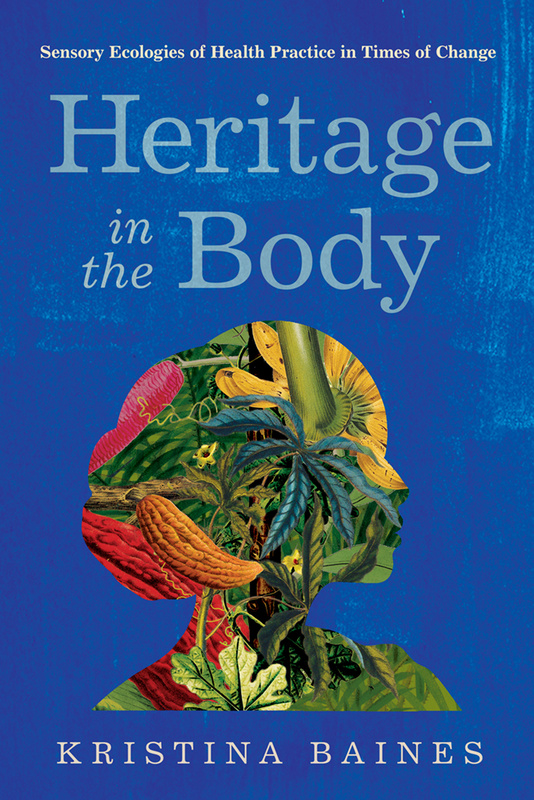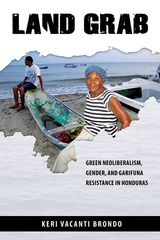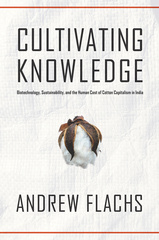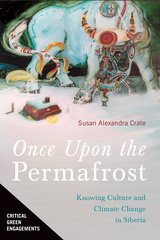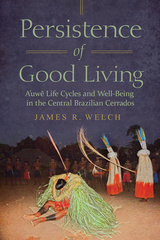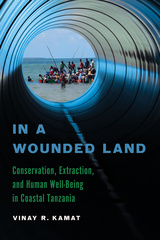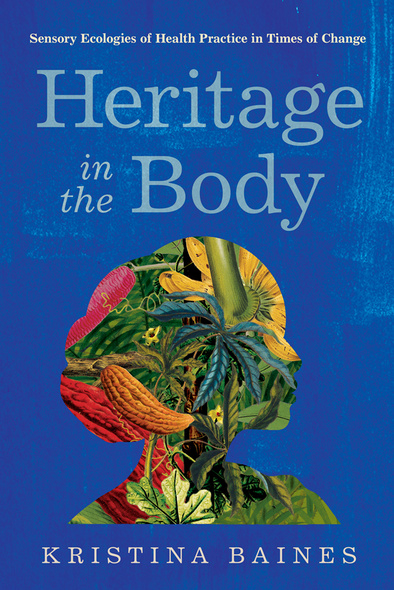
174 pages, 6 x 9
12 b&w photos, 1 map
Paperback
Release Date:19 Nov 2024
ISBN:9780816554096
Hardcover
Release Date:19 Nov 2024
ISBN:9780816554102
Heritage in the Body
Sensory Ecologies of Health Practice in Times of Change
SERIES:
Global Change / Global Health
The University of Arizona Press
Through storytelling, ethnography, and interviews, Heritage in the Body examines the links between health and heritage in times of change. Using a series of case studies, anthropologist Kristina Baines tells the intimate stories of how Indigenous Maya and Garifuna Belizeans—both in Belize and in the United States—navigate macro-level processes such as economic development, climate change, political shifts, and global health crises in the context of changes in their own lives.
Employing an embodied ecological heritage (EEH) framework, Baines explores the links between health and heritage as a fluid series of ecological practices. Health and wellness are holistically defined and approached from a phenomenological perspective. Baines focuses on how sensory experiences change the body through practice and provides insights into community-driven alternatives as a means to maintain and support happy, healthy lives.
Employing an embodied ecological heritage (EEH) framework, Baines explores the links between health and heritage as a fluid series of ecological practices. Health and wellness are holistically defined and approached from a phenomenological perspective. Baines focuses on how sensory experiences change the body through practice and provides insights into community-driven alternatives as a means to maintain and support happy, healthy lives.
Joining Kristina Baines as she travels between communities in Belize and then to Belizean gatherings in the United States and beyond is delightful and allows the reader to understand how Maya and Garifuna people aim to live well through maintaining their cultural heritage in today’s troubled and global world. The experiences of the Indigenous and Afro-Indigenous individuals and communities she engages with come alive in these pages. The reader comes away from the book optimistic about how people can generate well-being through sharing their cultural practices and history.’—Melissa A. Johnson, author of Becoming Creole: Nature and Race in Belize
‘Kristina Baines adeptly weaves together storytelling and theoretical considerations in her ethnographic account of life among Belizean Maya and Garifuna communities. EEH, embodied ecological heritage, provides an easy-to-grasp framework for ethnography of everyday practices and techniques that maintain, generate, or restore well-being, as it cuts across entrenched dichotomies of the traditional and modern, the Indigenous and Western, the self and the other.’—Elisabeth Hsu, author of Chinese Medicine in East Africa: An Intimacy with Strangers
‘This innovative text by Kristina Baines skillfully illuminates the role that traditional cultural practices play in maintaining the health and well-being of Indigenous peoples in the contexts of modernization, immigration, racism and discrimination, and climate change. Baines argues that rather than being a burden to overcome, embodied ecological heritage is an asset to promote and maintain health and well-being in the Anthropocene. In doing so, the text makes a compelling argument for the importance of maintaining traditional cultural and heritage practices in a world of increasingly tumultuous change and violent disruption.’—James Stinson, York University
Kristina Baines is a sociocultural anthropologist whose research interests include Indigenous ecologies, health, and heritage in the context of global change. She is a professor of anthropology at the City University of New York (CUNY) Guttman Community College, affiliated faculty at the CUNY Graduate School of Health and Health Policy, and the co-editor of Cool Anthropology.

